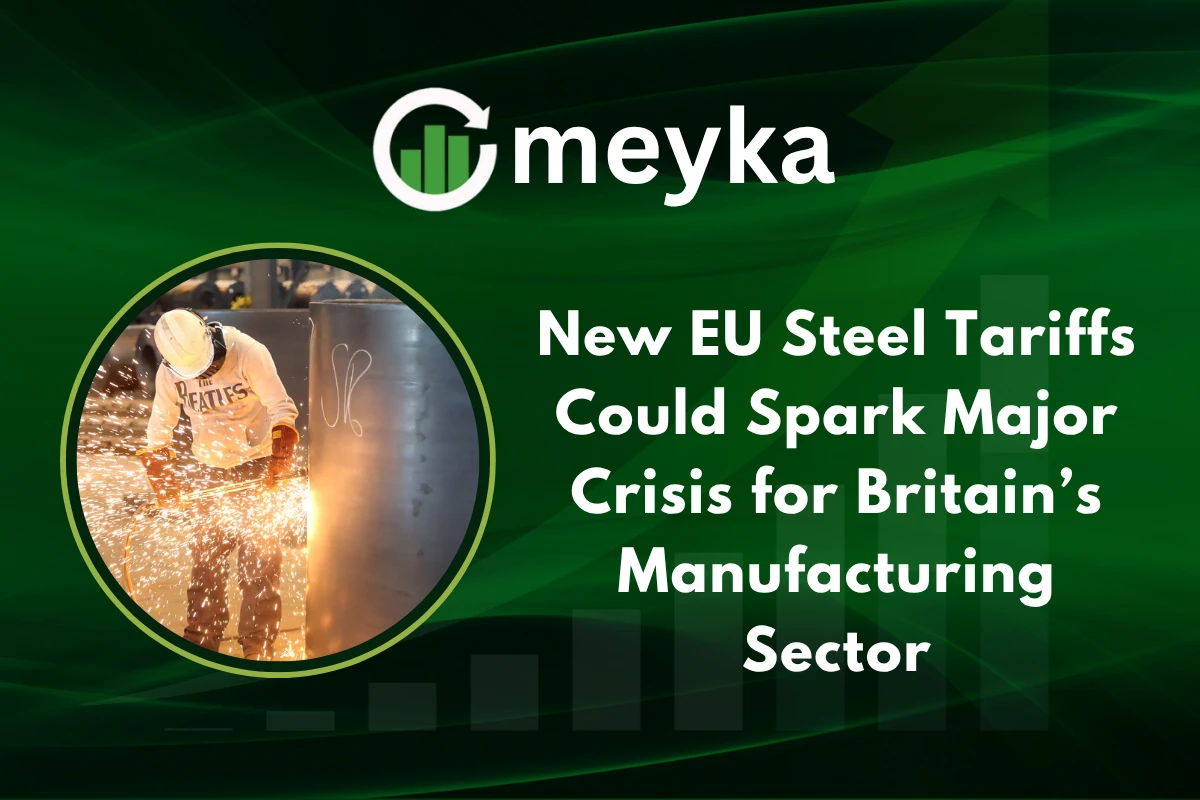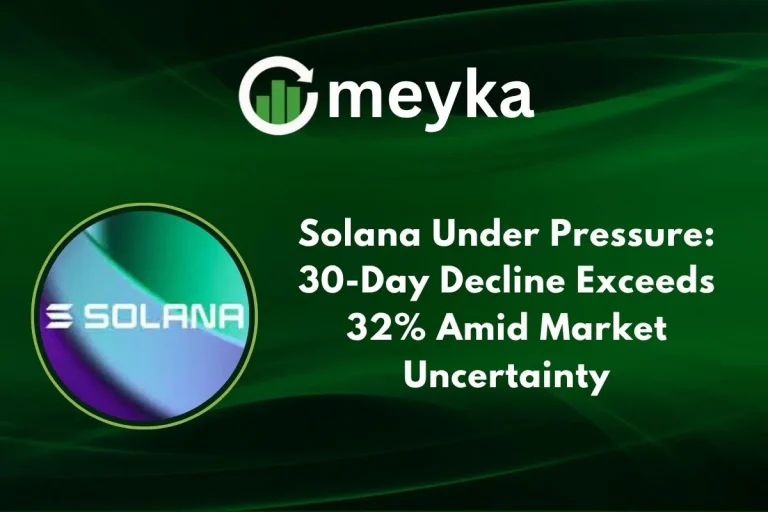New EU Steel Tariffs Could Spark Major Crisis for Britain’s Manufacturing Sector
The EU Steel Tariffs announced this week have sent a shock through Britain’s industrial heartland. Brussels proposes steep measures, including a 50 percent duty on steel imports beyond a much smaller quota.
The move risks choking off the EU market for UK steel and putting firms from Port Talbot to Scunthorpe under severe strain. Leaders warn this could spark a major trade and jobs crisis unless urgent talks produce exemptions or quotas for UK exporters.
Understanding the New EU Steel Tariffs
The EU Steel Tariffs plan would cut the tariff-free import quota sharply, then apply a 50 percent tariff on volumes above that threshold. Brussels says the change tackles global overcapacity and protects EU mills.
The proposal also tightens rules on origin documentation and looks to reset quotas to levels seen a decade ago. The commission frames this as a defensive move for EU industry, but its effect on third-party exporters could be dramatic.
How the new rules work in short
The bloc will reduce the total amount of steel that can enter duty-free, then levy heavy duties on excess shipments. The quota cut is substantial: roughly halving the tariff-free volume compared with recent years. The practical effect is a big rise in costs for exporters who depend on the EU market.
Why the EU Steel Tariffs Threaten UK Manufacturing
The EU Steel Tariffs hit at the core of Britain’s export model. About three-quarters to four-fifths of UK steel exports flow to EU buyers. Higher tariffs will raise prices for British steel in Europe, making it harder to compete with EU producers.
That will ripple into sectors that buy steel, notably car makers, shipbuilders, and construction firms. Higher input costs squeeze margins and slow orders.
Why are these tariffs so damaging? They raise the price of exports into Europe, reduce demand for UK steel, and make UK supply chains less competitive. Lower sales can force plant closures and job cuts.
Economic and Political Reactions to the EU Steel Tariffs
Political leaders and industry bodies reacted sharply. The Prime Minister said urgent talks with Brussels are underway, and that the government will push for UK-specific clarity. Industry groups warned of a crisis if access to EU buyers is blocked.
Trade ministers and union leaders urged swift negotiation to avoid factory shutdowns. Bloomberg reported that the Prime Minister vowed to hold emergency tariff talks with the EU in response to the plan.
An official public signal captured the scale of the alarm: the BBC highlighted the move as a potentially historic threat to UK industry on social channels. See the BBC post for live reaction.
Who is speaking up
UK Steel, regional bosses, and local MPs from steel towns have all called on ministers to seek carve-outs or country-specific quotas. Wales and other devolved administrations described the plan as deeply concerning for regional jobs and long-term investment.
What the EU Steel Tariffs Mean for British Jobs
The human cost could be acute. Steel plants directly employ thousands, and many more rely on those plants. Regions like South Wales, Scunthorpe, and Sheffield face particular risk.
If orders fall, the likely immediate outcomes are short-term working, job losses, and pressure on suppliers. Local economies that depend on steel will feel the shock quickly.
Could the government offer help? The Treasury and business departments are discussing support measures. Ministers may offer targeted aid, tax relief, or emergency talks to secure UK UK-specific allocation. However, any long-term fix needs trade negotiation and a practical quota solution.
Expert Analysis: Are the EU Steel Tariffs Justified?
Views split. Brussels argues the EU Steel Tariffs are a measured defense against cheap, subsidised imports that put local mills at risk. Supporters say this protects European jobs and stabilises capacity.
Critics counter that the move is protectionist and will boomerang, hurting exporters and raising costs across the economy. Some economists warn it could shrink trade volumes and raise prices for manufacturers on both sides.
Expert take: Industry leaders say the policy may correct unfair trade, but it does not help countries like the UK, which are outside the bloc yet still tightly linked by supply chains. That contradiction is central to the policy dilemma.
How the EU Steel Tariffs Could Affect UK-EU Relations
The new tariffs test post-Brexit ties. They may pressure ministers to negotiate urgent, ad hoc arrangements or to seek recourse through international trade channels.
There is a risk of rising friction if solutions are not found. Officials from both sides say they prefer talks to escalation, but outcomes depend on political give and take.
Could the UK retaliate with its own measures?
The UK could consider reciprocal steps or lodging complaints at international trade bodies. Retaliation would be costly for both sides. Most analysts say diplomacy and targeted exemptions are the more likely first route.
Comparing the Current Situation with Past Trade Disputes
This moment echoes earlier tariff fights, such as the US-led steel tariffs that reshaped global flows. Past disputes show short-term protection can shift trade rather than solve structural issues. Lessons suggest the need for negotiated rules and quota management rather than blunt tariffs.
What’s Next for Britain’s Manufacturing Industry
Expect urgent negotiations between London and Brussels. Industry groups will press for UK quotas or carve-outs to keep critical orders flowing.
Firms may accelerate diversification, seek new markets, or pause investment until clarity returns. Short-term pain is likely; longer-term recovery will need strategic investment and trade diplomacy.
Can Britain recover if tariffs remain? Yes, but recovery will require policy support, export diversification, and investment in higher-value steel products. It will not be quick.
Conclusion: A Turning Point for UK Industry
The EU Steel Tariffs are more than a trade tweak. They are a potential turning point. For Britain, the stakes are clear. Jobs, regional economies, and the future of heavy manufacturing hang in the balance. The next days will test political diplomacy, industry resilience, and the ability of both sides to find pragmatic, sector-specific remedies.
If talks deliver targeted quotas or exemptions, the worst could be avoided. If not, the UK may face a painful re-order of its steel industry and supply chains.
FAQ’S
The new EU Steel Tariffs impose a 50% duty on steel imports exceeding set quotas to protect EU producers and reduce global oversupply concerns.
They raise export costs for UK steelmakers, making British steel less competitive in the EU market and threatening thousands of manufacturing jobs.
The European Commission says the tariffs are meant to safeguard EU industries from cheap imports and stabilize domestic production after global demand drops.
Experts warn that if talks between the UK and EU fail, rising tensions could trigger retaliatory tariffs or new trade barriers across sectors.
Prime Minister Keir Starmer has ordered emergency talks with Brussels and is considering tax relief and subsidies to protect British steelworkers.
Disclaimer
This is for informational purposes only and does not constitute financial advice. Always do your research.






